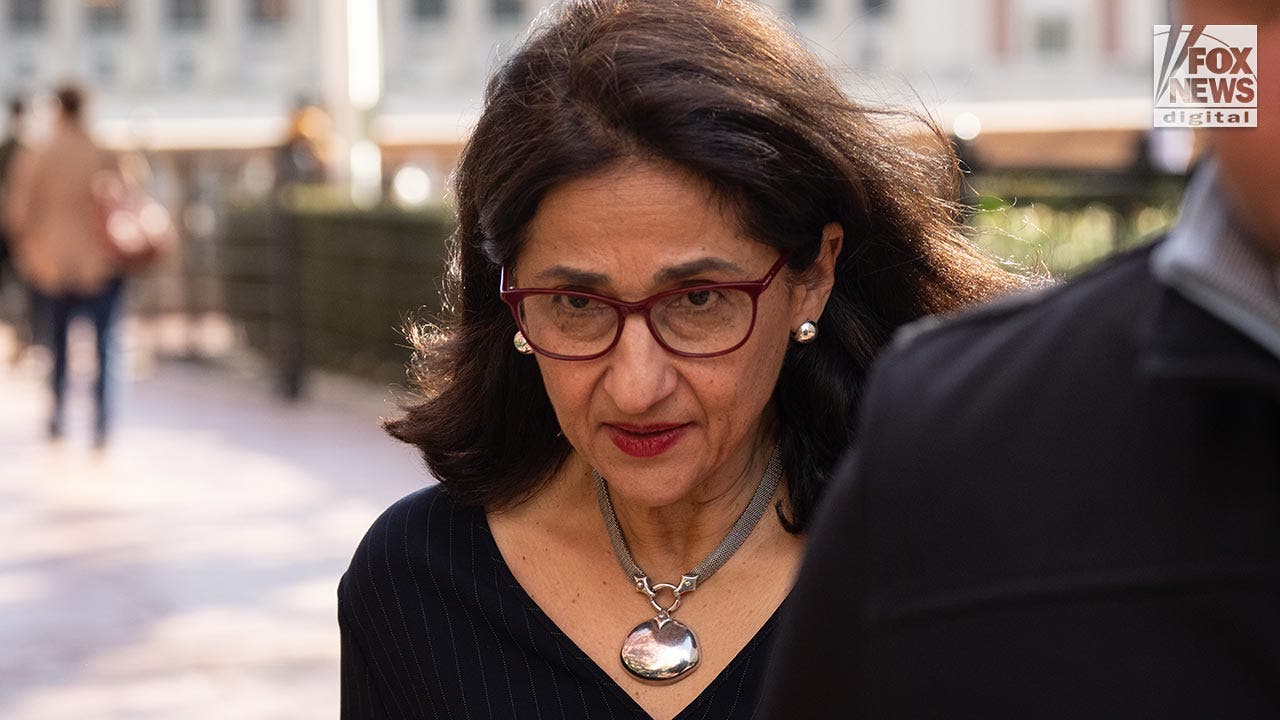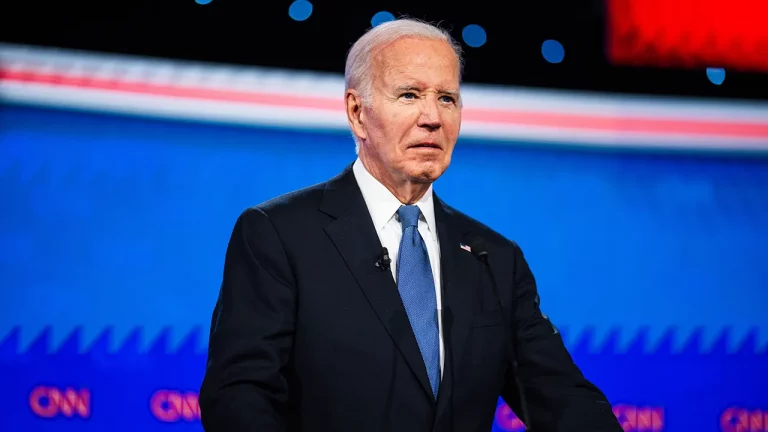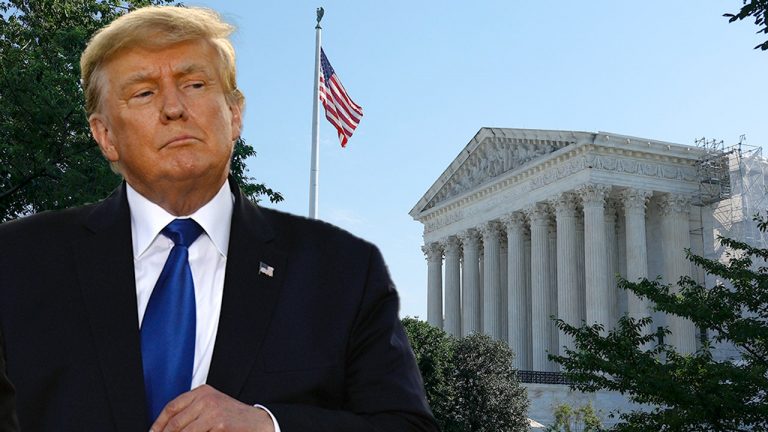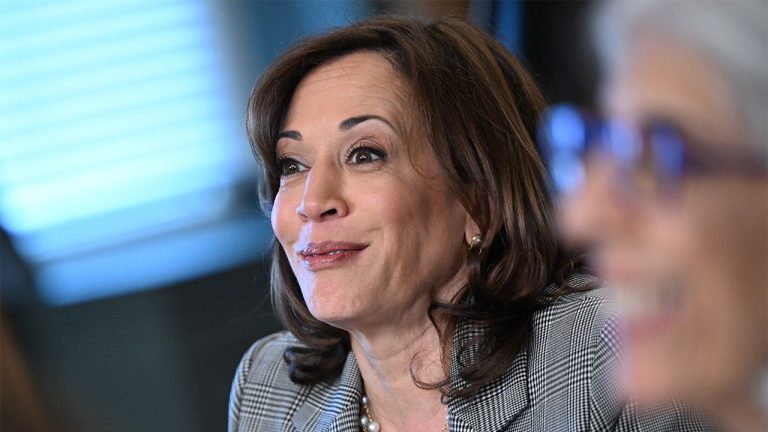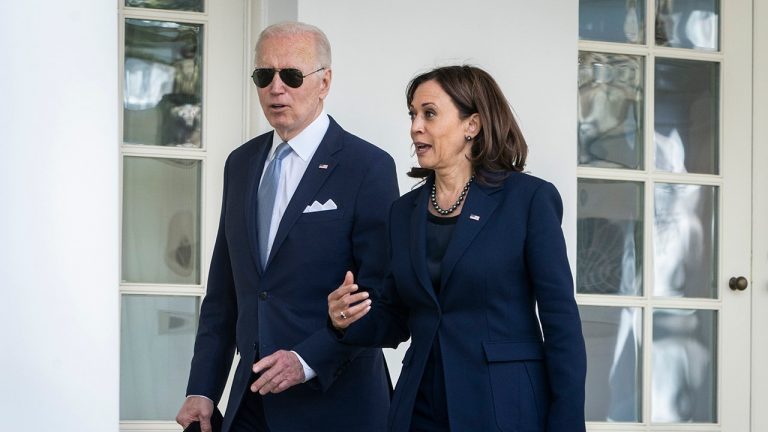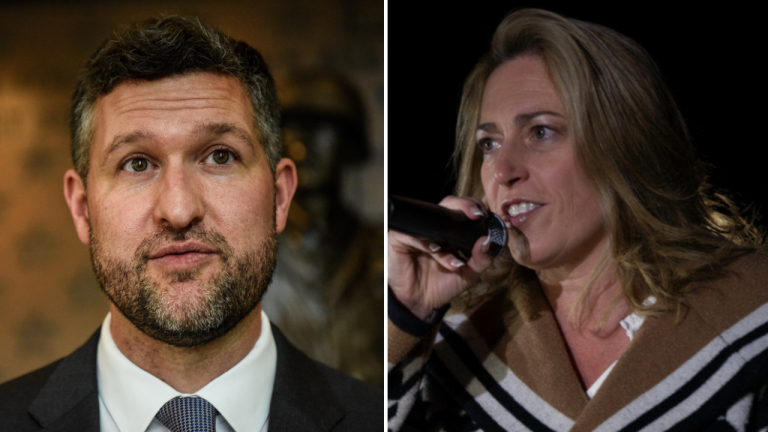Columbia University senate wants to investigate school leadership
The recent unrest at Columbia University in New York City has sparked a significant response from the university Senate, leading to a vote in favor of investigating the school’s leadership. The ongoing anti-Israel protests on the campus have raised concerns, ultimately resulting in allegations against Columbia President Minouche Shafik.
The resolution passed by the Senate, with a vote of 62-14 and three members abstaining, accuses Shafik of violating established protocols by authorizing the New York City Police Department to enter the campus and arrest protesters. This move is seen as a violation of the due process rights of students and faculty members.
While the university Senate does not hold the power to remove Shafik from her position, it plays a crucial role in the university’s policy-making decisions, comprising students, faculty, and administrators. The goal of restoring calm on campus to ensure that educational activities can continue remains a shared priority between the administration and the Senate. Both parties are committed to an ongoing dialogue to find a way forward.
Shafik has been under increasing pressure to step down in light of rising antisemitism on campus and the disruptive protests against Israel. The campus has witnessed a rally of anti-Israel agitators, who have created an “encampment” sparking controversy and unrest among students and faculty.
In response to these actions, Shafik expressed her deep sadness in a statement on Monday, condemning the agitators for their anti-Jewish slogans and chants that have incited tensions on campus. The protest encampment materialized on April 17, coinciding with Shafik’s appearance at a congressional hearing where she received criticism for allegedly not doing enough to combat antisemitism.
Following this event, U.S. House Republicans from New York have called for Shafik’s resignation, citing her failure to maintain a safe learning environment as the campus grapples with disorder. The atmosphere at Columbia has been tumultuous, prompting concerns about the university’s ability to provide a conducive environment for its students.
It remains to be seen how the investigation into the school’s leadership will unfold and what implications it may have for the future of Columbia University. The challenges posed by the recent events highlight the importance of addressing issues of antisemitism and protest disruption within academic institutions.


